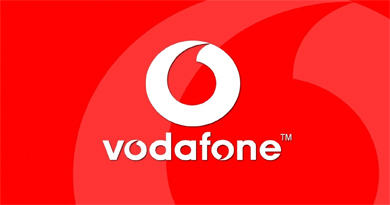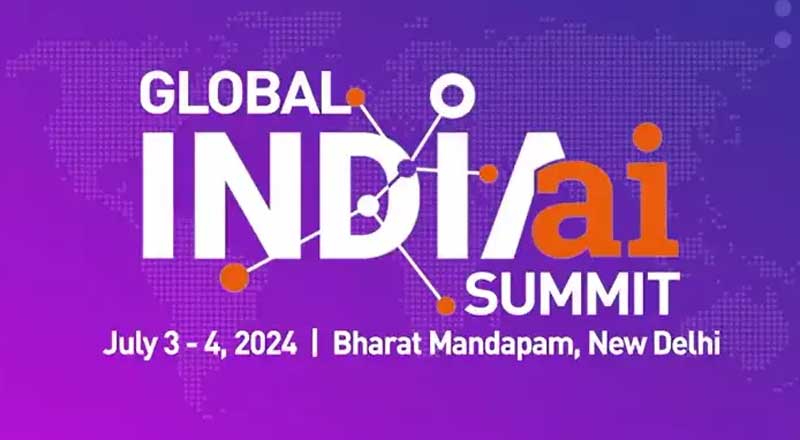The Vodafone Foundation has announced a pioneering programme in Ghana to use aggregated anonymized data to help the government track and control epidemics to prevent widespread outbreaks.
The programme, one of the first of its kind in the world, will use aggregated anonymized mobile data to track real-time trends in population movement. The data is then analysed to provide life-saving insights during a widespread epidemic – such as the 2014 West Africa Ebola outbreak, the most widespread outbreak of the Ebola virus in history. The Vodafone Foundation programme is a striking example of how big data can be used to gather valuable insights, which the government of Ghana can apply to a number of health and other sustainable development challenges, ultimately saving and improving lives.
Government departments will be able to allocate resources more efficiently and identify the areas at increased risk of new outbreaks. The level of activity at each mobile phone mast can provide a ‘heat map’ of where people are and how far they are moving during an outbreak, while aggregated anonymized data can be used for decision-making in a number of areas – including health, agriculture, and transportation.
The programme, a first in Africa, will be funded by the Vodafone Foundation and the William and Flora Hewlett Foundation, one of the largest philanthropic foundations in the United States. They will fund the work of a team of data scientists from not-for-profit organisation Flowminder. Working closely with Ghana Statistical Service (GSS) and Vodafone Ghana, Flowminder will collect, aggregate, integrate and analyse anonymous mobile data, working in line with Vodafone’s global privacy principles, GSMA data protection guidelines and Ghanaian data protection regulations.





